The Never-Ending Tariff Story
For paid subscribers: Donald Trump’s latest arbitrary tariff threat, this time against Brazil, has once again enveloped the coffee industry in chaos and uncertainty. When will it end?

Welcome to another edition of the Coffee News Roundup. Fair warning: this week's update may devolve into facetiousness and snark by the end, when the subject of banning plastic straws comes up. I'll do my best to keep it sensible, but no promises.
So with that in mind, let's start with the actual news and work our way down.
Coffee company mergers and acquisitions have become more and more normal over the past few years. We've always been used to enormous conglomerates swallowing smaller businesses whole, but it's been happening with more frequency in the world of coffee of late. Take, for example, the news reported here last year that JAB Holdings—the shadowy German investment firm—had acquired Peet's Coffee And Tea, and by extension Stumptown and Intelligentsia. Then Starbucks and Nestlé brokered a multi-billion dollar deal to something something sell more coffee.

This story is more interesting, however, as it concerns two smaller companies who are merging to form an international specialty coffee alliance. Ozone Coffee Roasters, founded in New Zealand in 1998, has agreed a deal to merge with Has Bean, one of the originators of the UK's now enormous third wave scene.
This isn't some enormous corporation hoovering up the competition, or two multinationals combining into one monopolizing behemoth, but rather two coffee companies with different areas of expertise forming a partnership to take advantage of that fact. According to the Sprudge exclusive report, the two will operate as separate entities, sourcing and selling as they did before.
Read the full story here—it's interesting stuff.
The Cup of Excellence, a competition held annually in several countries to identify (and then auction) the best possible coffee available, has been going since 1999. For coffee buyers the goal is to find the highest quality coffee from that harvest, and for producers having a lot go to auction can mean earning much more than through a traditional sale. For those interested, it's worth reading this breakdown of the competition from Has Bean's blog.
This year in Costa Rica, one particular gesha sold for $300.09 per pound, more than double the last record price according to Daily Coffee News. The average price across the whole auction was $21.69 per pound, the highest average since the CoE began.
Read the full story here.
No it doesn't.

Seriously. Sprudge even did a survey (on Twitter, it should be said) in which 87% of respondents gave it the big thumbs down.
These kinds of stories—like the mushroom coffee one a few months back—aren't really about coffee, but are fads designed to get clicks and retweets and for idiots like me to write about them and link to them.
Which always works.
Read the full Gear Patrol story here, for what it's worth.
Oh god I don't even know what any of this means.
But let's try to figure it out, shall we?
It seems as though Token is a brand, a collaboration between a tech startup, a blockchain foundation (?) and a coffee roaster. The idea is to keep the roasting and packaging part of coffee at origin, with the goal of keeping more of the profits from coffee production at home.
Consumers can get involved in the form of blockchain traceability, whatever that is, and with a "token" worth €0.50 from each bag of coffee bought, which can either be given back to the foundation, directly to the farmer, or taken off the price of the coffee and then it becomes a cryptocurrency? Or something?
My head hurts.
Or how about maybe just paying more for the coffee at origin in the first place?
Read the full story here.
OK here we go.
In a move to cut down on waste, Starbucks has announced that it will eliminate 100% of plastic straws from its stores globally by 2020. They will be replaced with strawless lids, apparently, or a paper straw if you're into that sort of thing.
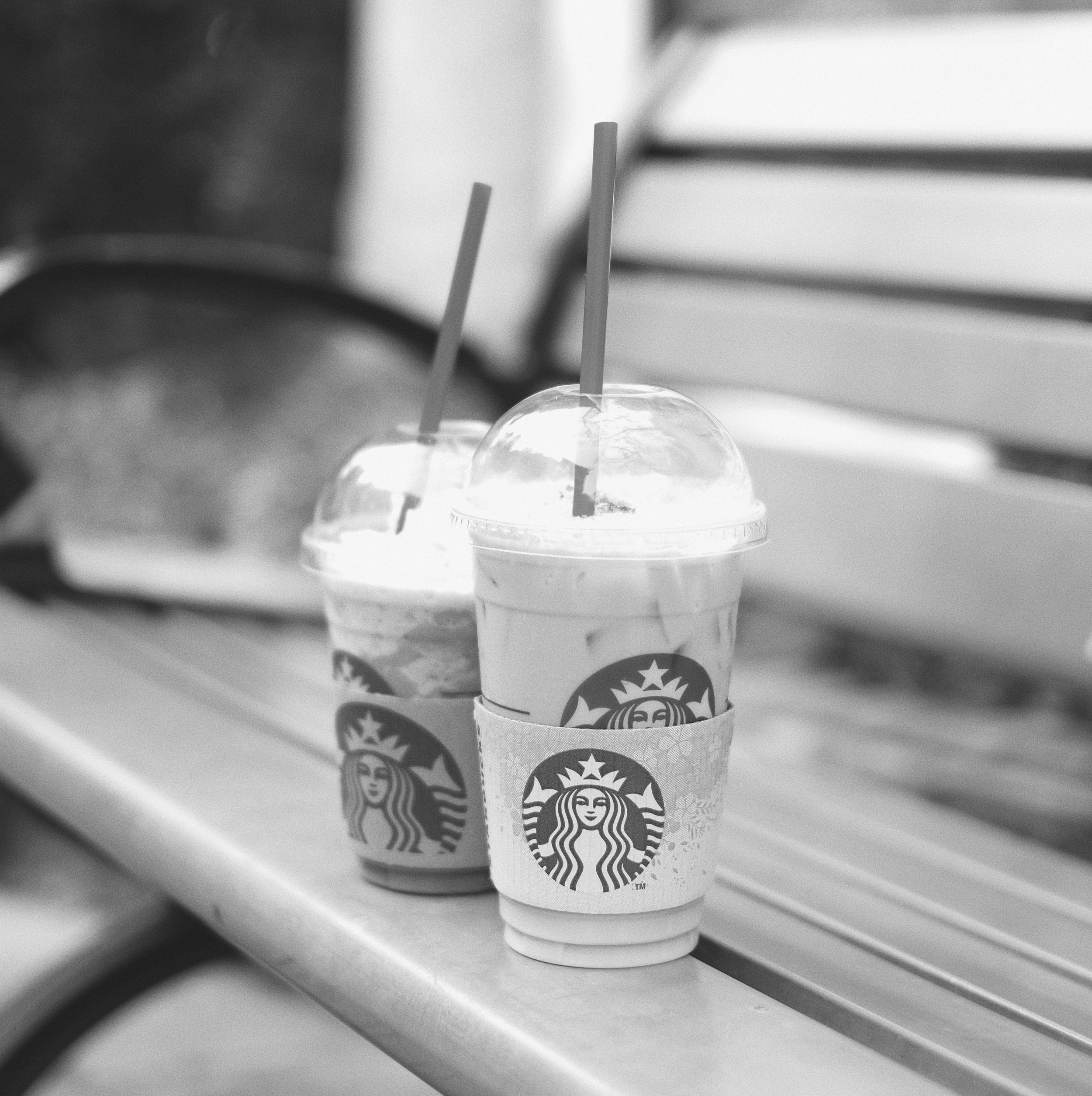
Now, of course plastic straws are bad. They don't get recycled, they never break down, and they find their way into the sea and into the noses of sea turtles. This is awful.
But.
The plastic cup with its fancy strawless lid is still going to get discarded, never break down, and find its way into the sea and into the belly of a whale. We still, as a society, treat plastic and other single-use items as magic objects that disappear as soon as we dispose of them, not giving a second thought to the thousand-year afterlife of that stupid cup once the momentary enjoyment it brings is over.
Companies banning straws are, at the very least, misguided, and at worst blatantly greenwashing in an attempt to get us to shift focus onto how great they are for their environmental efforts.
Plus there's the issue of ableism, because plastic straws are essential for people with certain disabilities. Removing straws can effectively mean removing a segment of the population from public spaces.
There's a lot of nuance to this story, in other words.
Read the full story here. And Eater has an excellent article explaining everything here.
Well it won't sober you up, that's for sure. A study conducted on college students (who else) showed that coffee didn't help the motor skills or coordination of intoxicated individuals. It'll help you feel more awake, but that's about it.
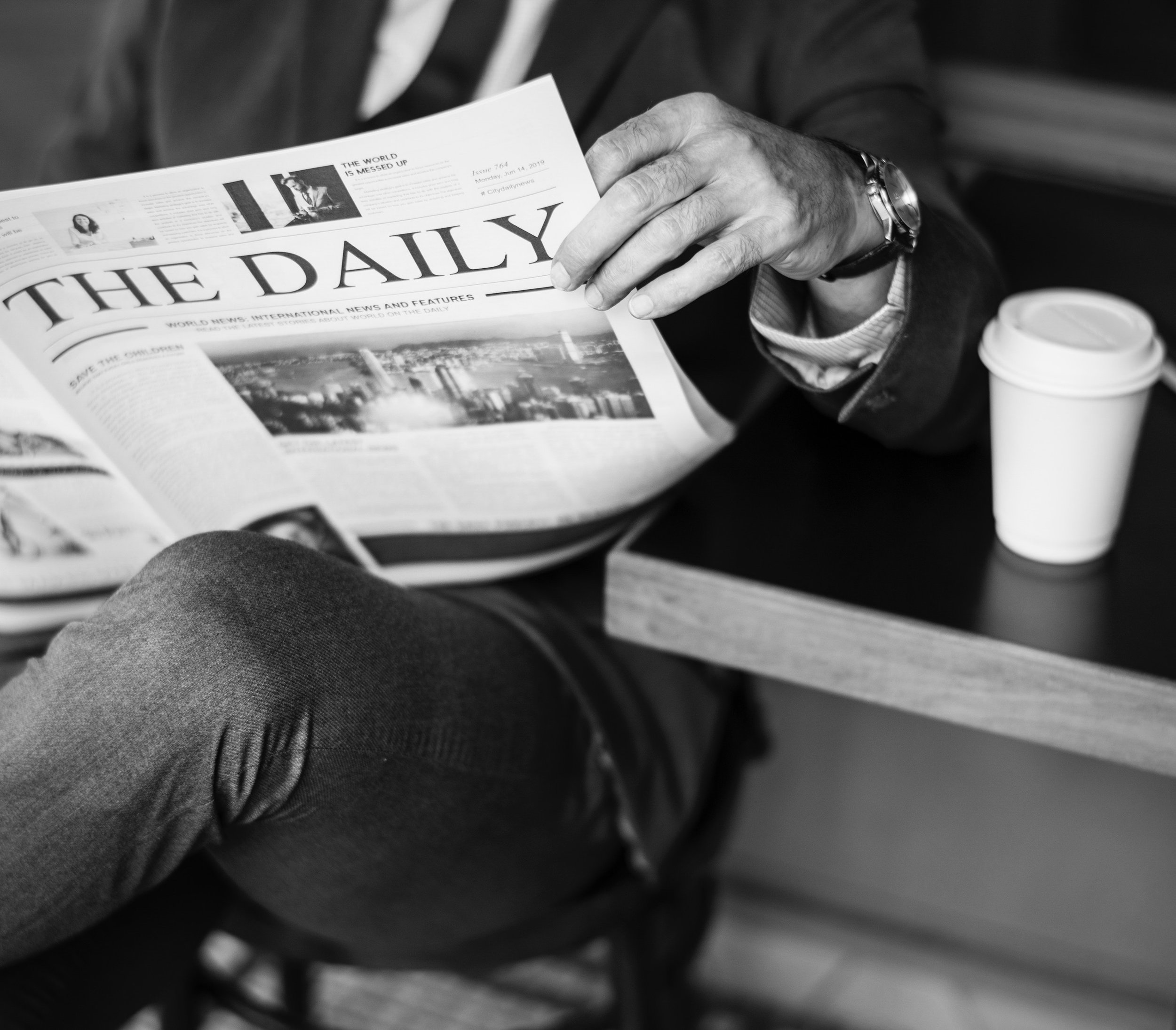
Beirut Baristas Try To Revive City’s Once Vibrant Cafe Culture by Richard Hall
What Happened To Tim Hortons? The Downfall Of Canada's Brand by Arwa Mahdawi
The entirety of The Knockbox, RJ Joseph's Onion-style coffee satire website
Until next week, drink good coffee.

Aug 11, 2023 Philly is a (Coffee) Union Town Aug 11, 2023 Aug 11, 2023
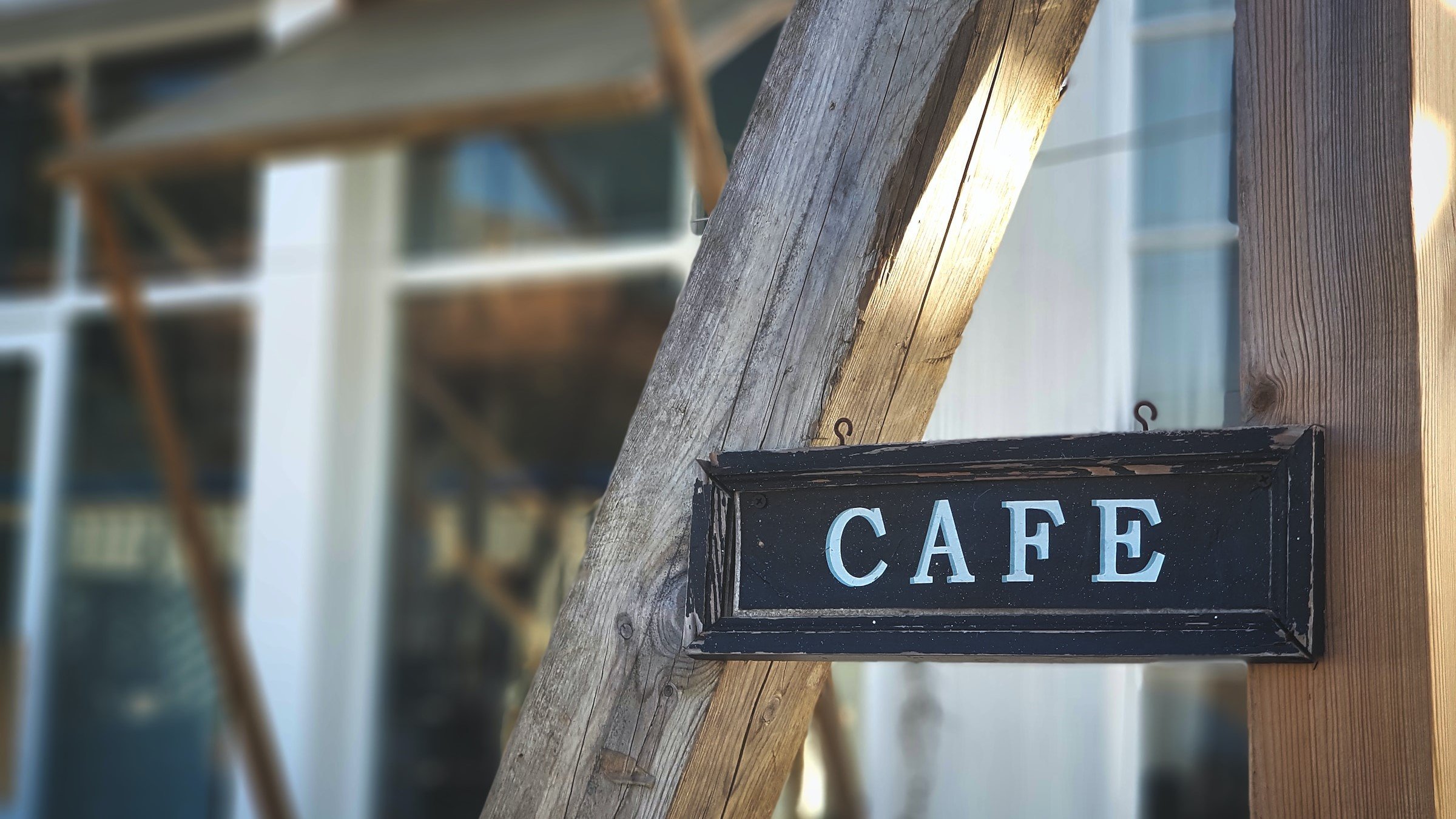
Jul 28, 2023 South Korea's Coffee Wars Jul 28, 2023 Jul 28, 2023
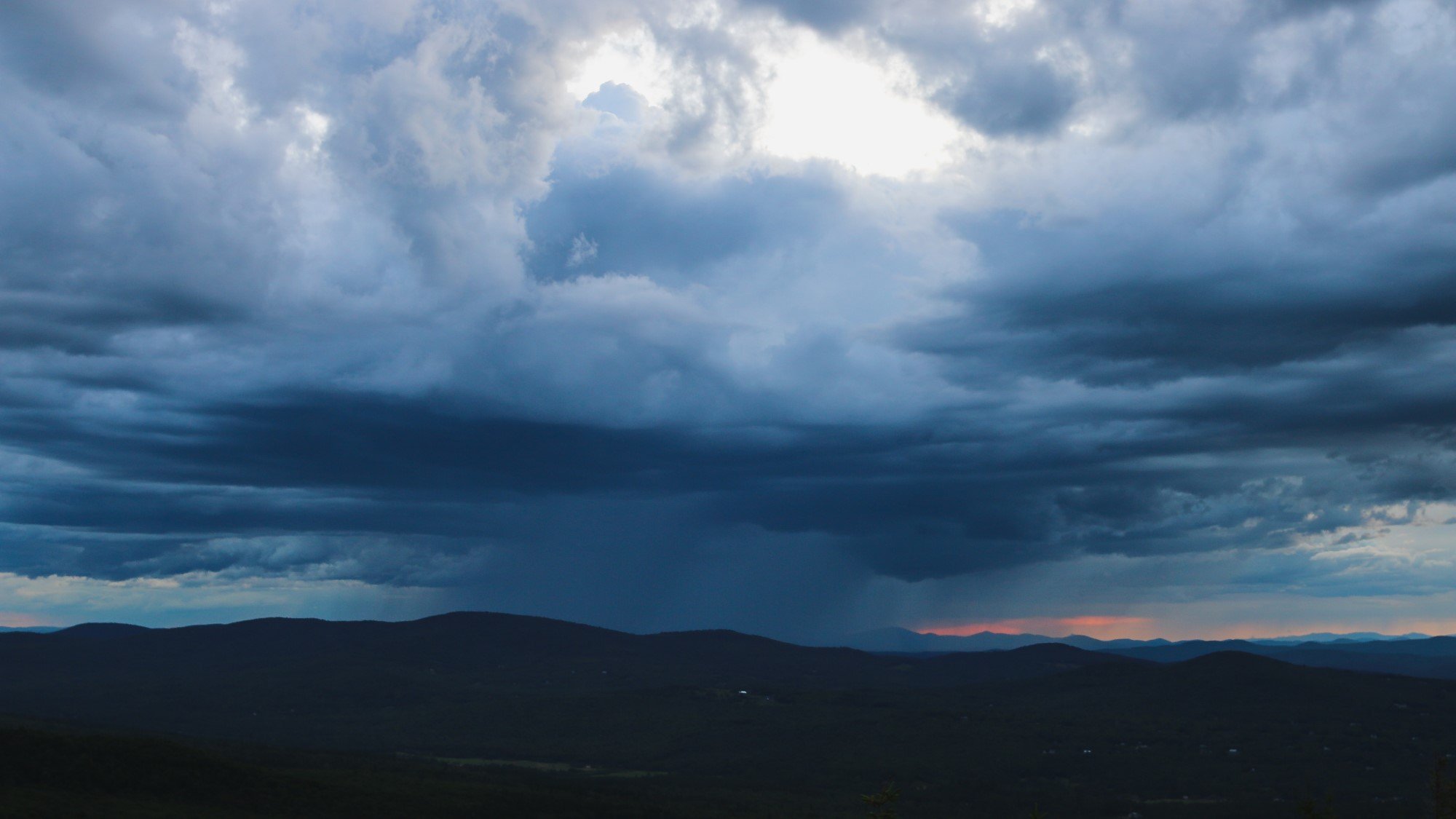
Apr 14, 2023 'We Producers Are At The Weather’s Mercy': Coffee Farmers Talk Climate Change Apr 14, 2023 Apr 14, 2023
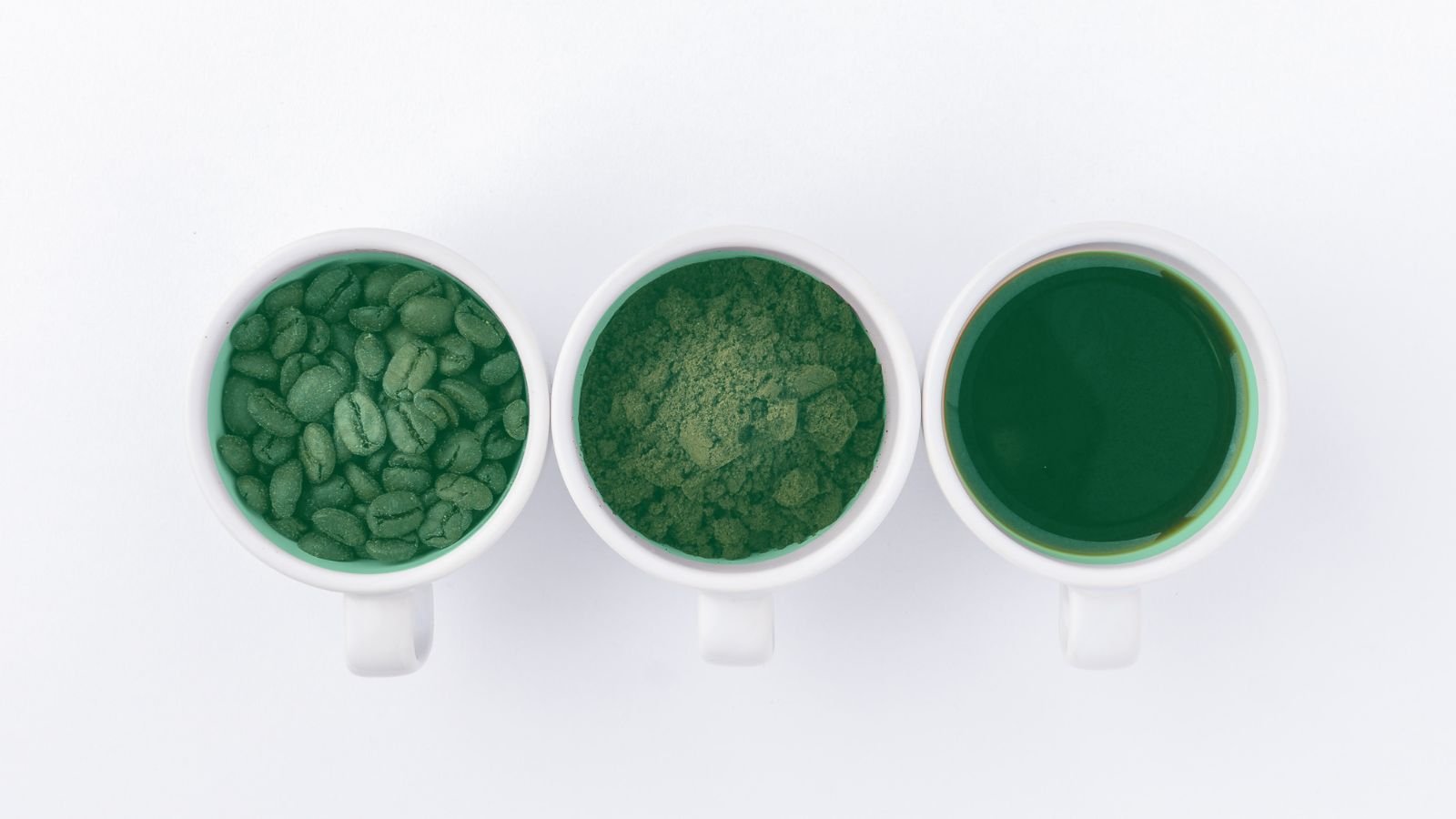
Mar 31, 2023 A Short Introduction to Coffeewashing Mar 31, 2023 Mar 31, 2023
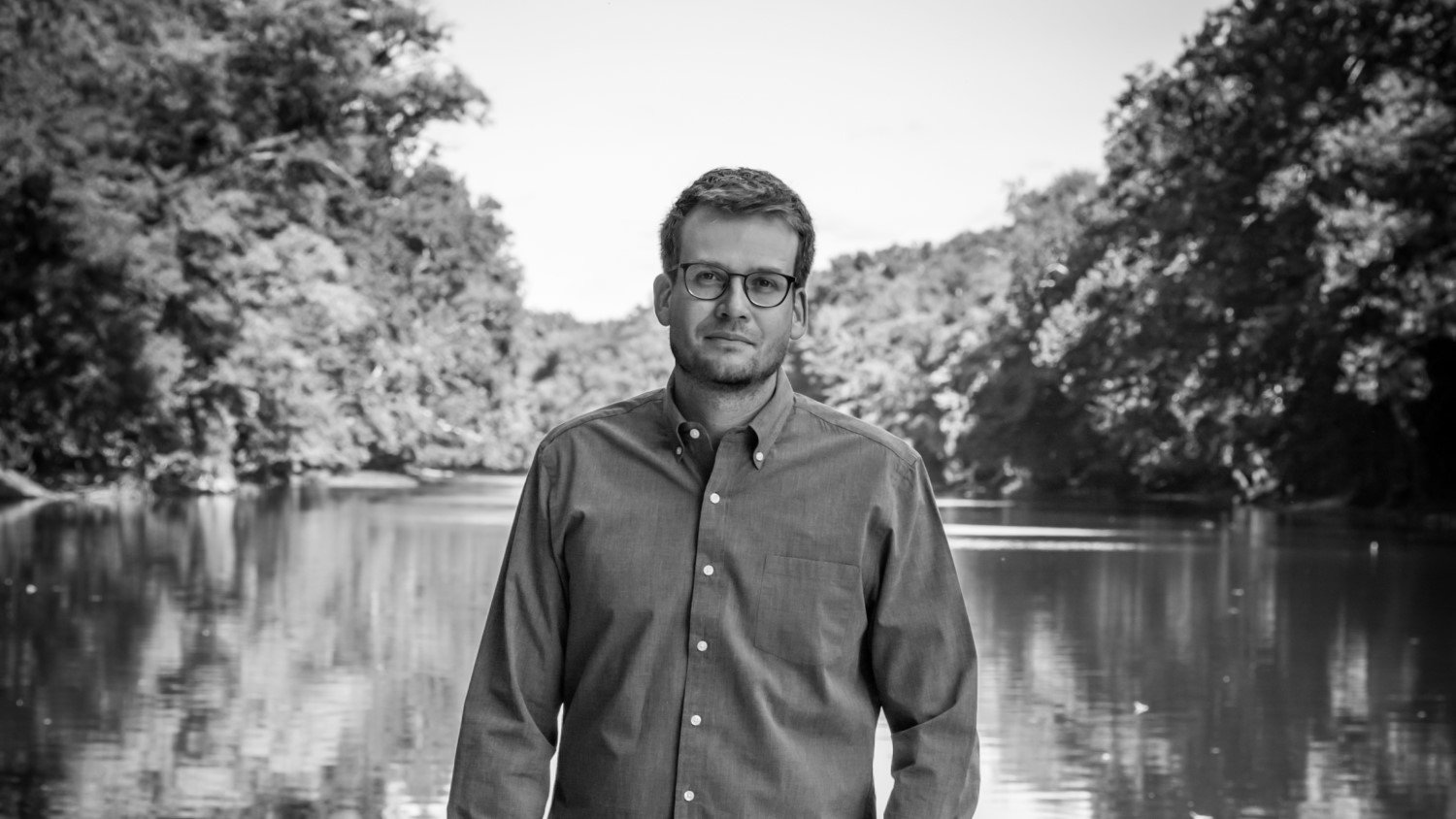
Mar 17, 2023 ‘No Billionaires Were Enriched Through The Sale Of This Coffee’: An Interview With Author John Green Mar 17, 2023 Mar 17, 2023
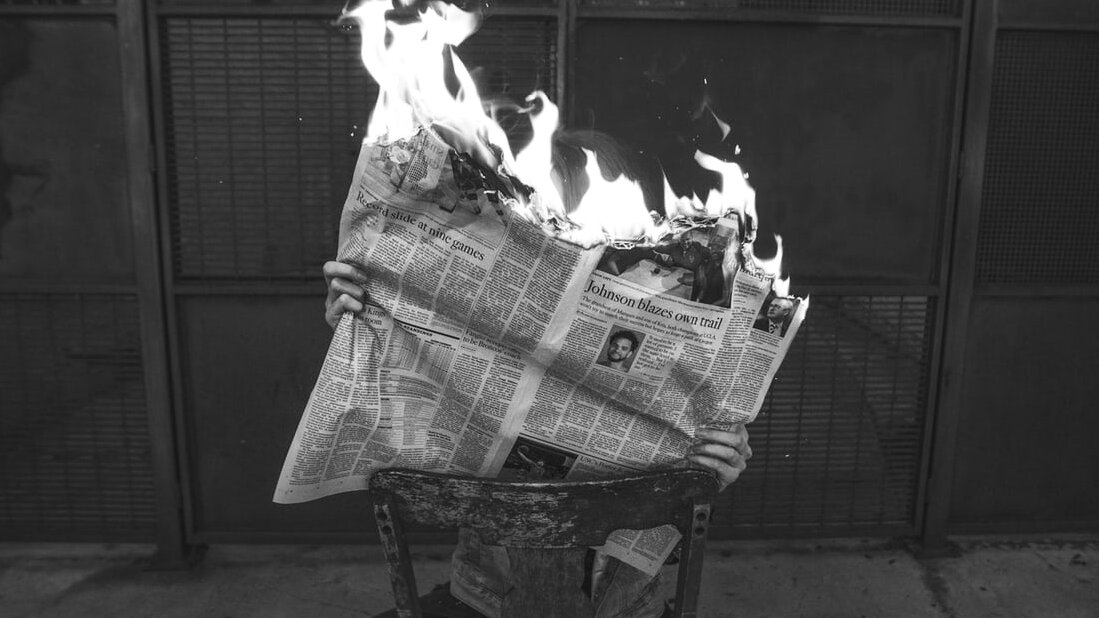
Jan 1, 2021 Coffee News Roundup: 2020 Year In Review Jan 1, 2021 Jan 1, 2021
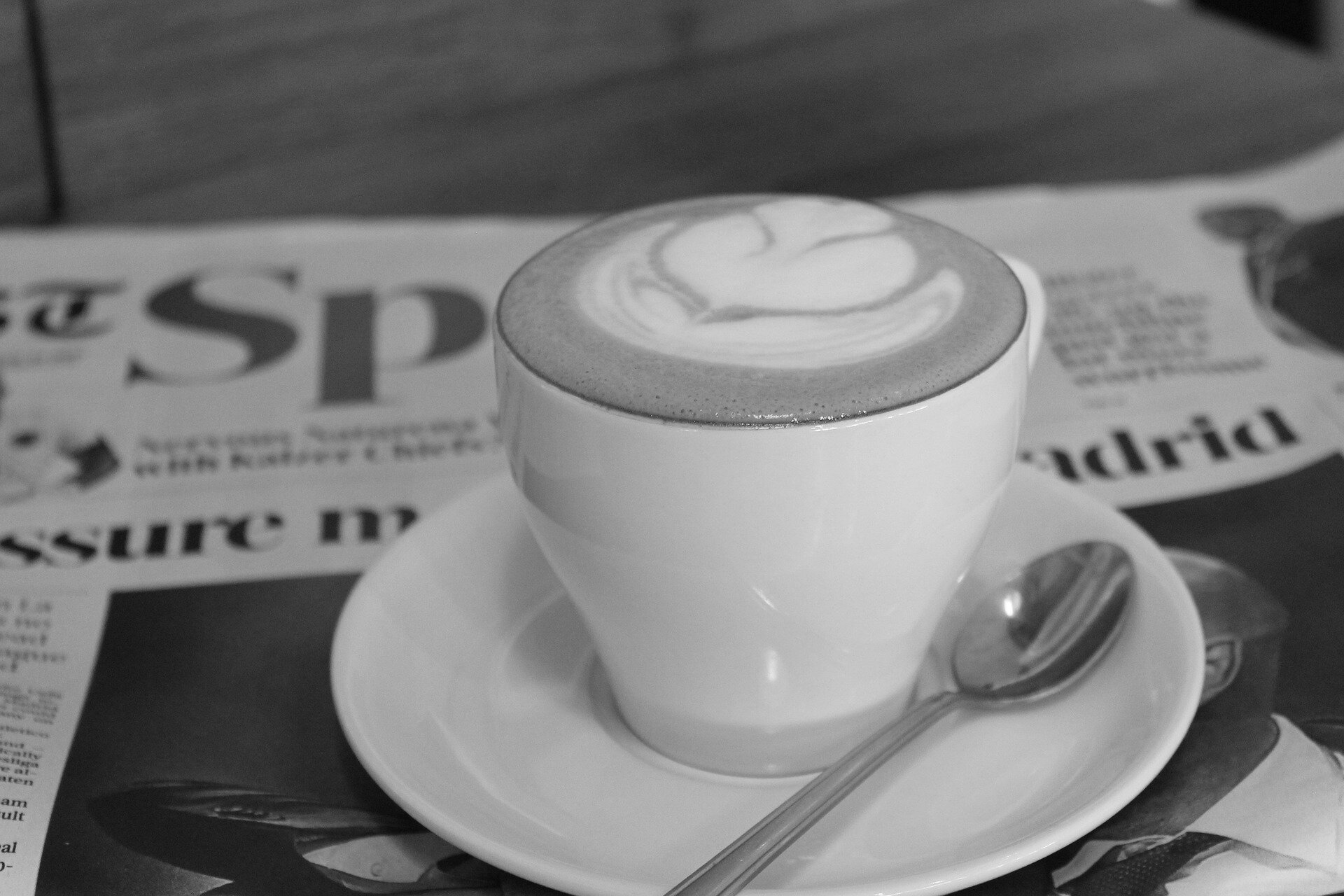
Dec 27, 2019 Coffee News Roundup: 2019 Year in Review (Ridiculous Story Edition) Dec 27, 2019 Dec 27, 2019
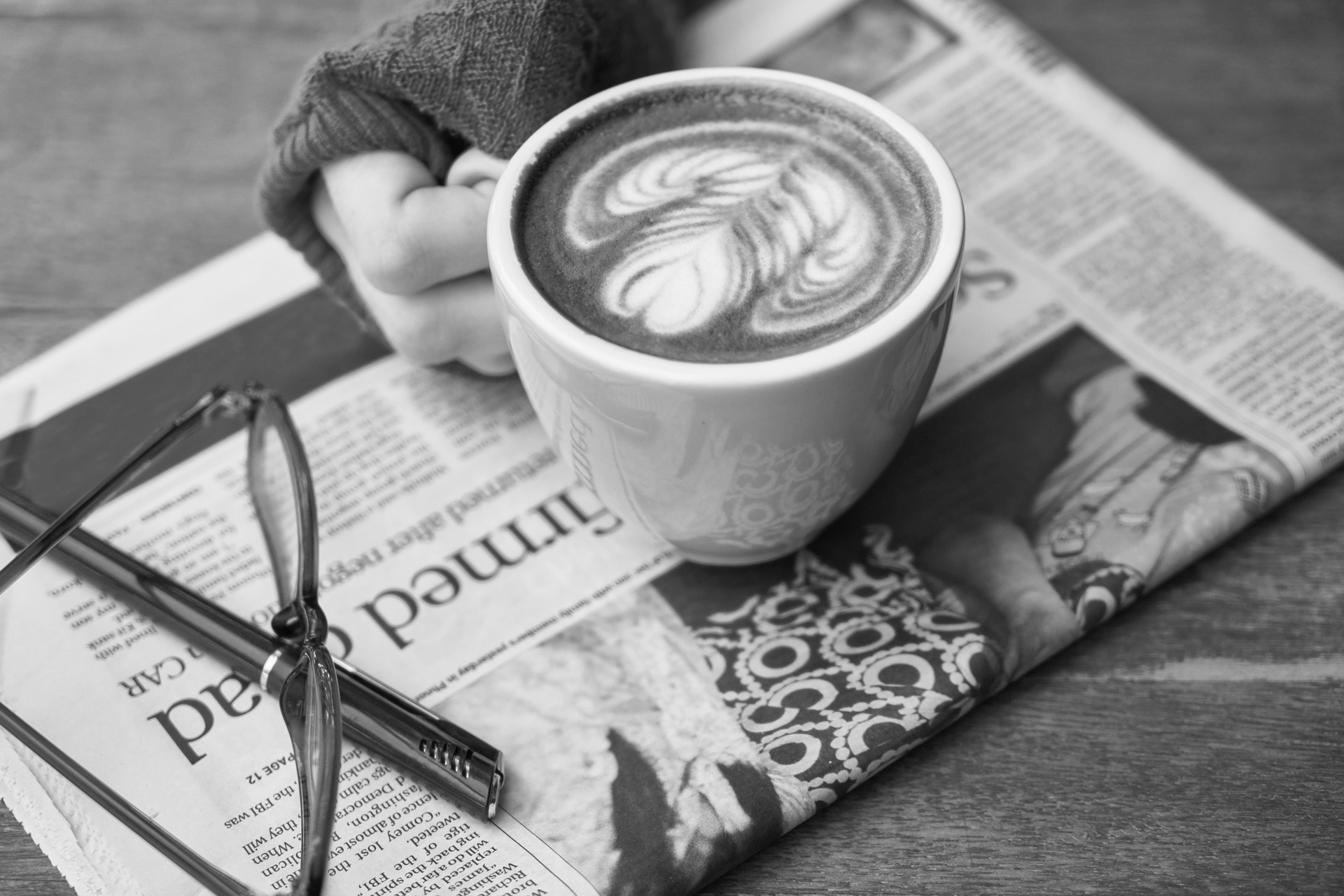
Mar 29, 2019 COFFEE NEWS ROUNDUP: WEEK ENDING MARCH 29TH Mar 29, 2019 Mar 29, 2019
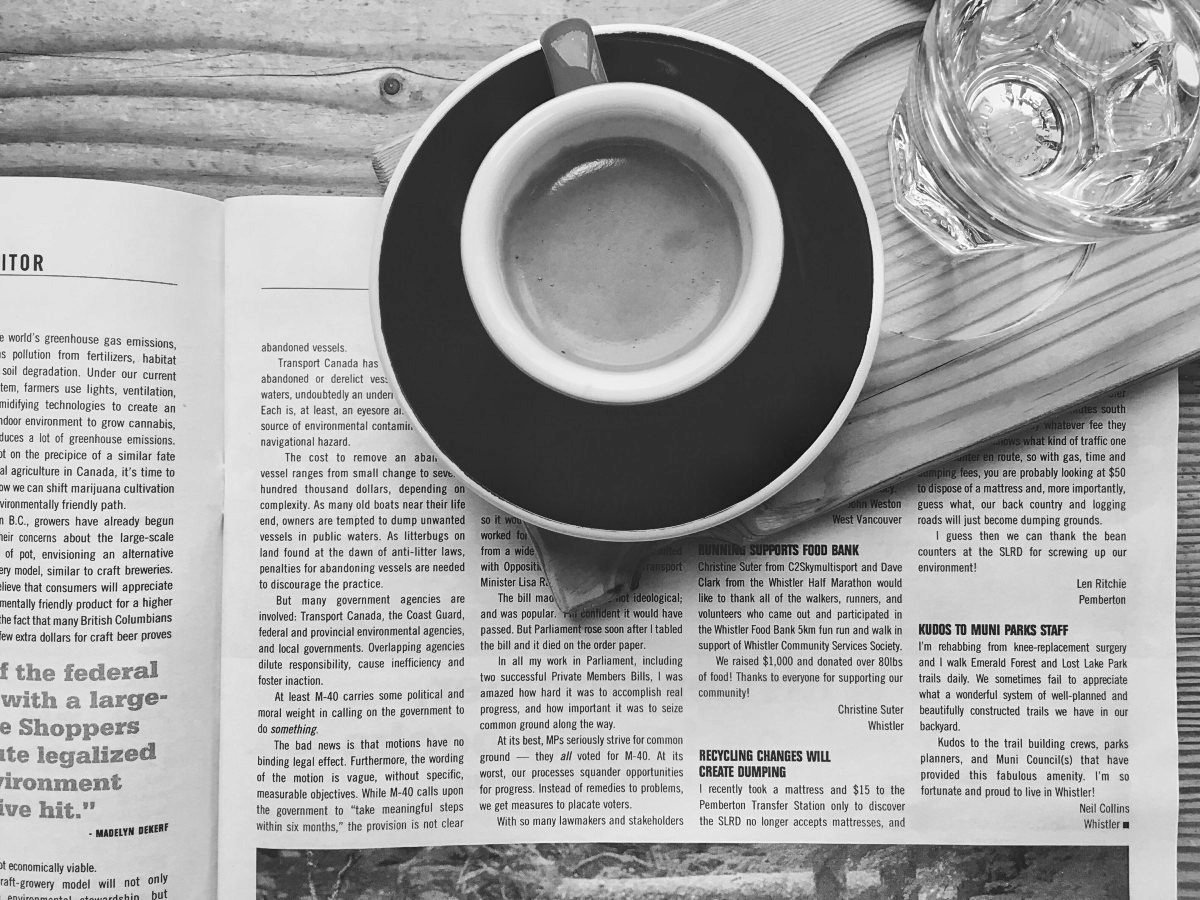
Oct 26, 2018 COFFEE NEWS ROUNDUP: WEEK ENDING OCTOBER 26TH Oct 26, 2018 Oct 26, 2018

Oct 12, 2018 COFFEE NEWS ROUNDUP: WEEK ENDING OCTOBER 12TH Oct 12, 2018 Oct 12, 2018
A newsletter about coffee—its culture, politics, and how it connects to the wider world.